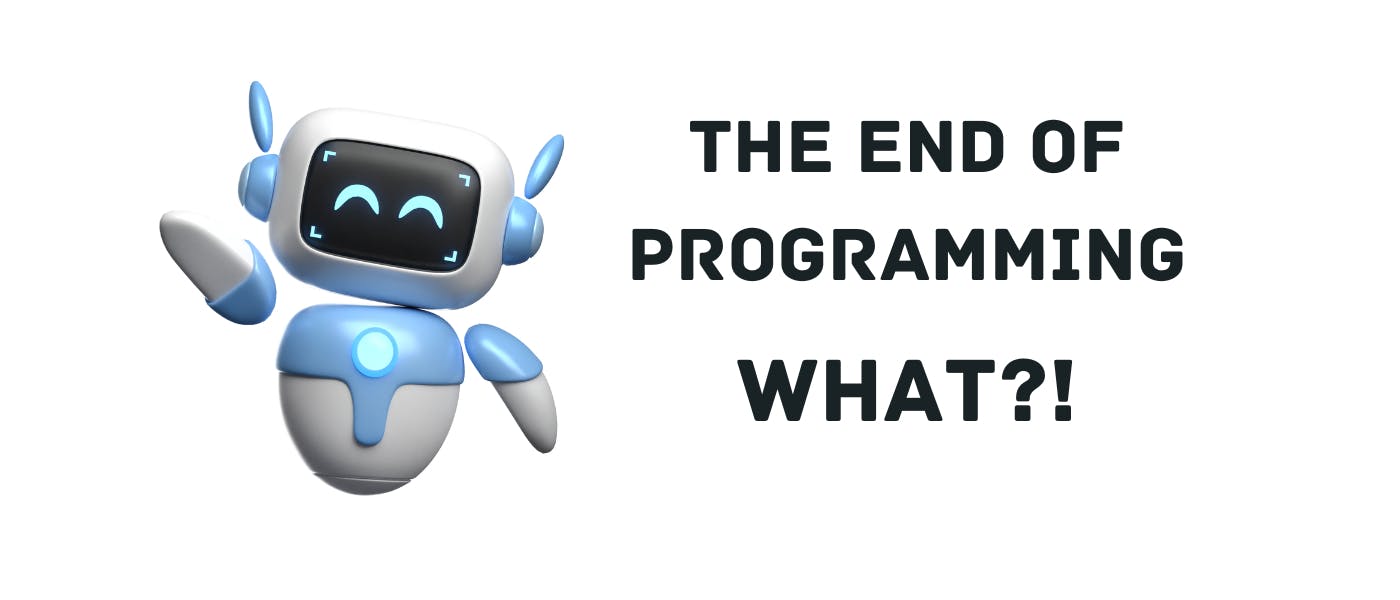2,666 reads
Will AI Be the End of Programmers? What Happens to the IT Industry?
by
April 25th, 2024
Audio Presented by

Former lawyer, now tech enthusiast. Sharing tips and insights on AI, coding, and how tech boosts life quality
Story's Credibility

About Author
Former lawyer, now tech enthusiast. Sharing tips and insights on AI, coding, and how tech boosts life quality
